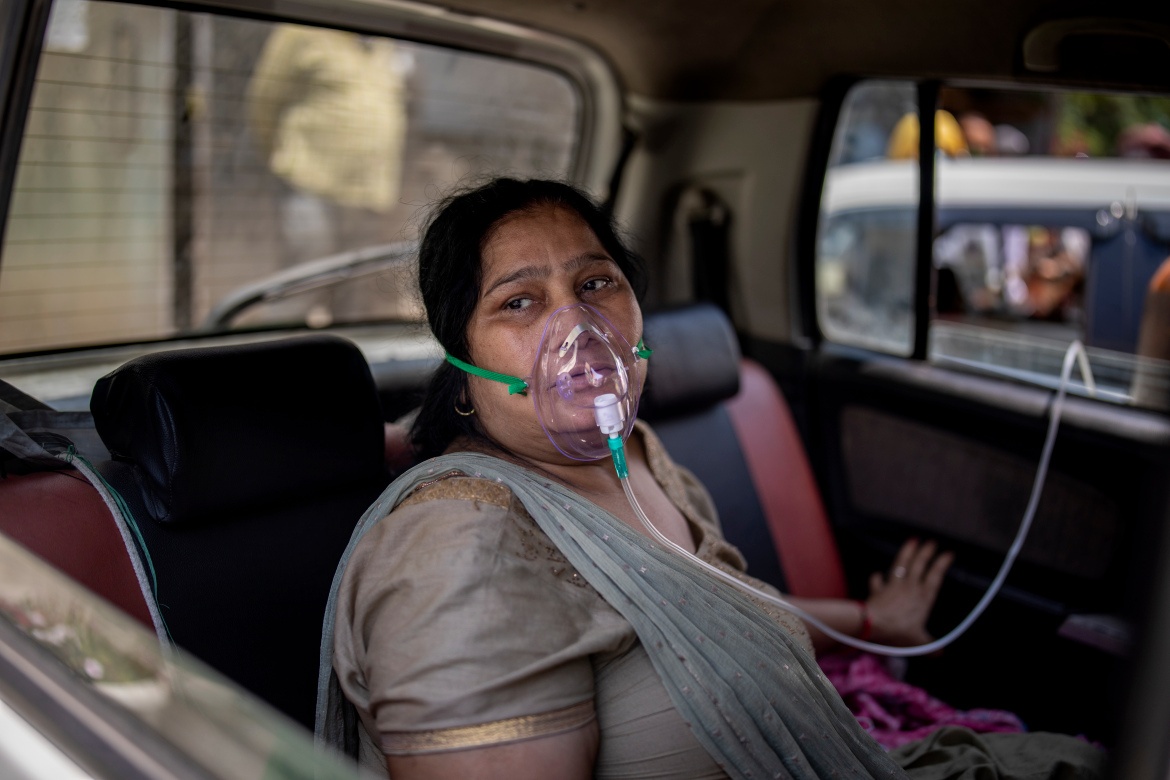Amidst a ghastly second wave and overflowing hospitals, India has set the world record for the most COVID-19 cases in a single day last Thursday.
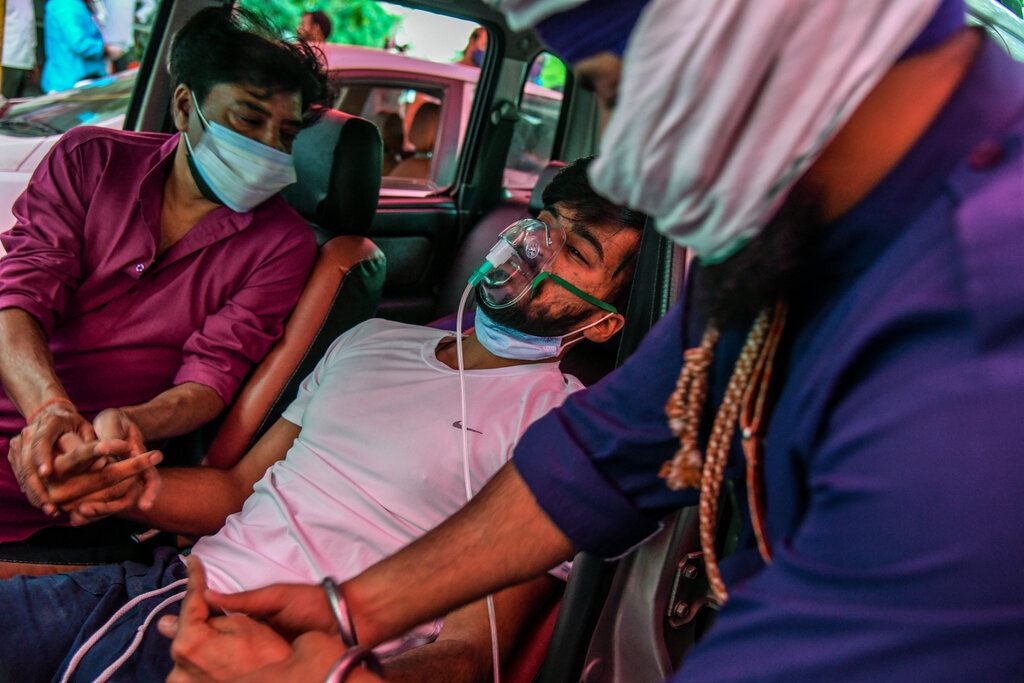
The tally was up at around 115,000 new infections, the largest of any country since the pandemic began. Since then, the country has continued to break the record, racking up more than 300,000 fresh infections every day.
Currently, India has an estimated 17 million confirmed cases, including a little more than 195,000 deaths.
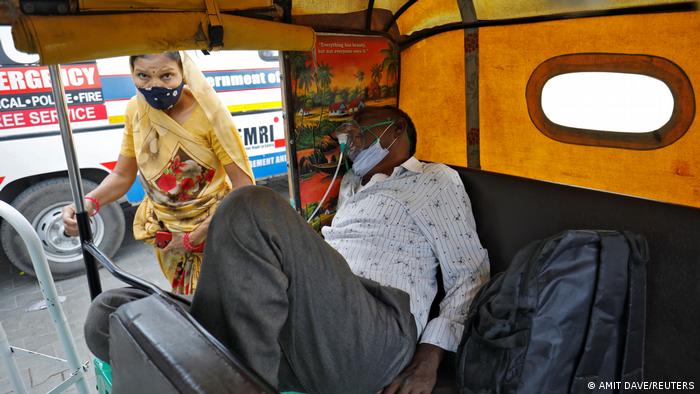
The staggering numbers have expectedly taken a toll on the crumbling healthcare system, which already saw a depletion of oxygen tanks and dwindling rooms for patients. More than two-thirds of hospitals have no vacant beds, as many doctors have advised for patients to stay at home.
There are individuals dying outside of hospitals and in parking lots for lack of space, and others stockpiling oxygen tanks at home, knowing that a trip to the hospital would prove futile.
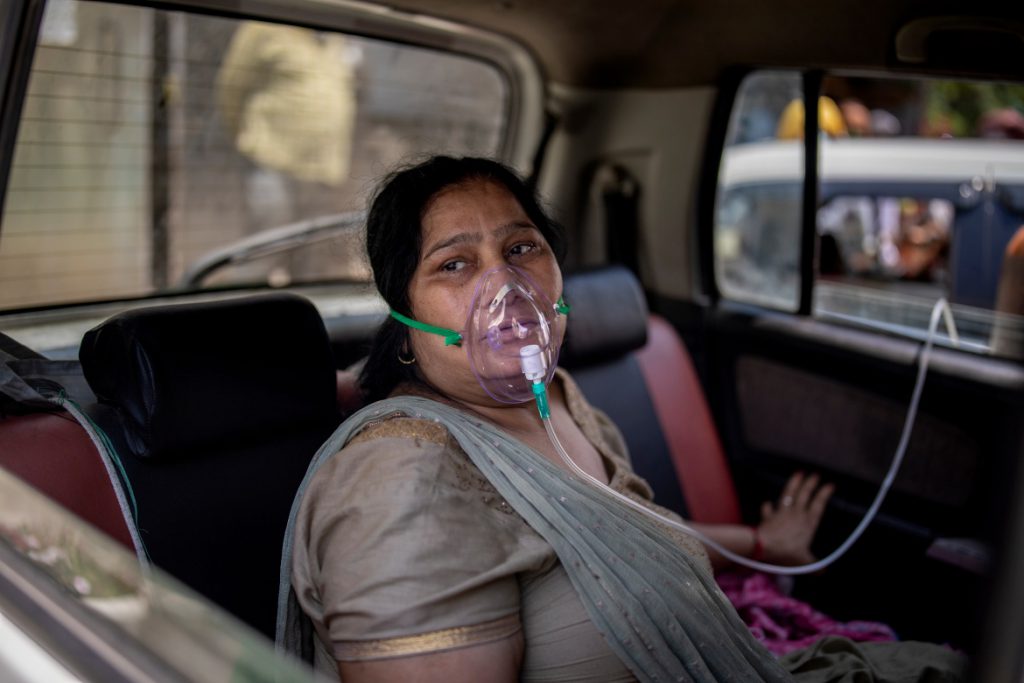
According to various doctors and experts, the spike was caused by the belief that India would not have a second wave, leading to the reopening of society.
Lax protocols and large gatherings, coupled with the 771 coronavirus variants present in the country, have raised numbers exponentially and caused widespread fear among the population.
There have also been reports of fully vaccinated people catching the virus, such as former Prime Minister Manmohan Singh, who was hospitalized three weeks after receiving his second dose.
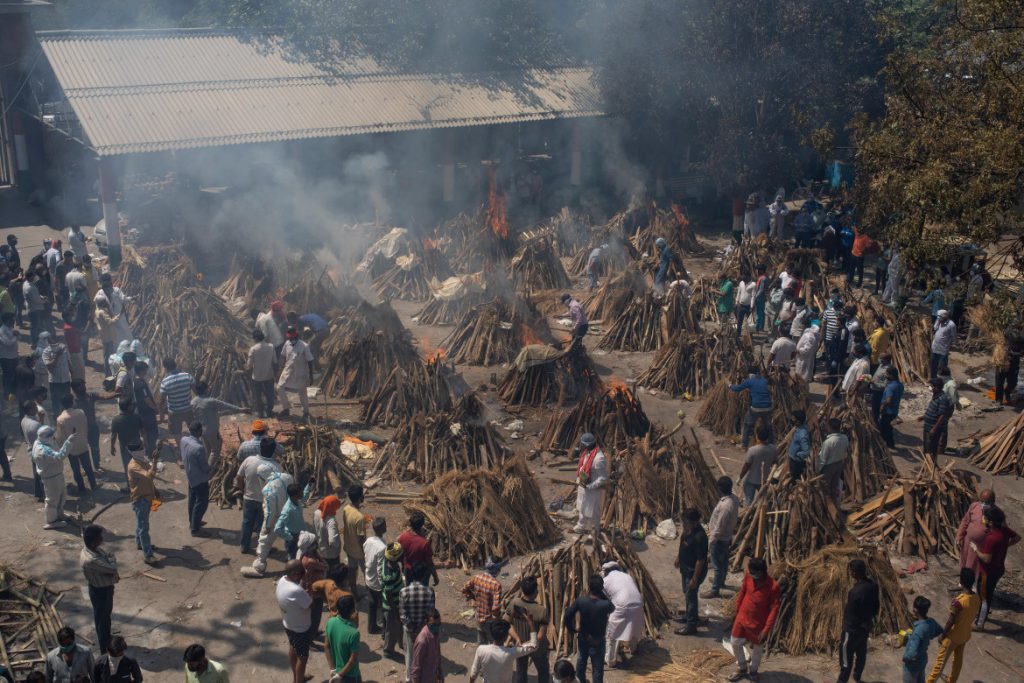
Photo from Altaf Qadri/AP Photo
Now, India is back to local lockdowns in its two biggest cities, Mumbai and Delhi; travel restrictions have been implemented, with countries like Australia and the Philippines pausing commercial flights for the time being.
Starting May 1, individuals above the age of 18 will be eligible for the vaccine. While the country will receive aid from the likes of the United States, Germany, France, and Saudi Arabia, it is forecasted that India will have a difficult time recovering from this surge.
